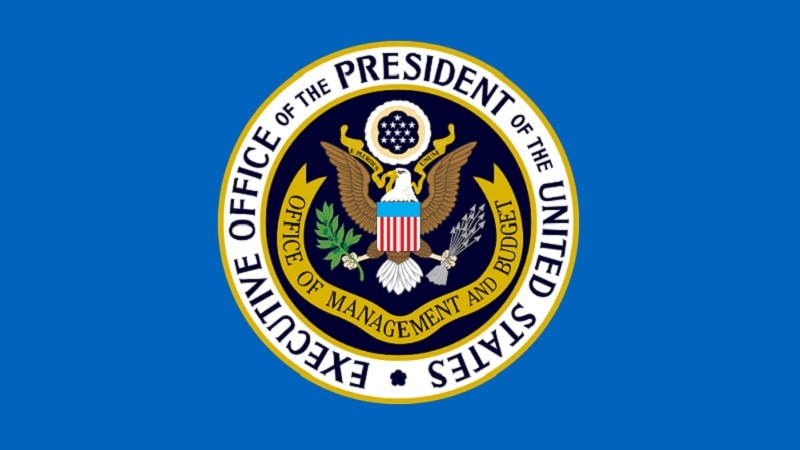
When it comes to the Federal procurement process, the Biden administration is looking to accomplish two big goals to improve the process to address climate change challenges, an official from the Office of Management and Budget said on April 17.
Porter Glock, procurement analyst at the OMBs Office of Federal Procurement Policy, outlined the administration’s goal of adaptation and defining mission goals during a climate change policy event organized by ACT-IAC.
“It’s a two-pronged effort – it’s defining the Federal government’s approach in procurement and elsewhere, both mitigation and adaptation,” he said. “We need to be prepared to reduce our emissions where possible, and that includes both our operational emissions – what we produced by acting and performing the mission,” said Glock.
Part of getting procurement on track with becoming more sustainable, Glock said, includes looking at “supply chain resilience, understanding our supply chain, and continuing mission delivery in the event of extreme weather events.”
“We need to ensure that our services are going to continue to be provided no matter what. And we have resilience plans to make sure facilities are there for increased flooding, extreme weather events, service disruptions, supply chain disruptions,” said Glock.
Part of the push for this higher level of resilience stems from supply chain issues that arose during the COVID-19 pandemic, where vital supply chains were disrupted for products including semiconductors.
Another vital part of moving the federal procurement process towards more sustainable goals is the need to change the way officials think of sustainability, and being unafraid to bring in new ideas, he said.
“There are certain opportunities we can have [with] changes in requirements, changes in the way we procure things going towards competition and awards for smaller efforts – we can incentivize new ways of buying things,” he said. “We’ve found that has been very helpful in demonstrating that we’ve sort of been saying – ‘demos, not memos’ – showing people how to do things, not just writing down a way to change things,” he said.
